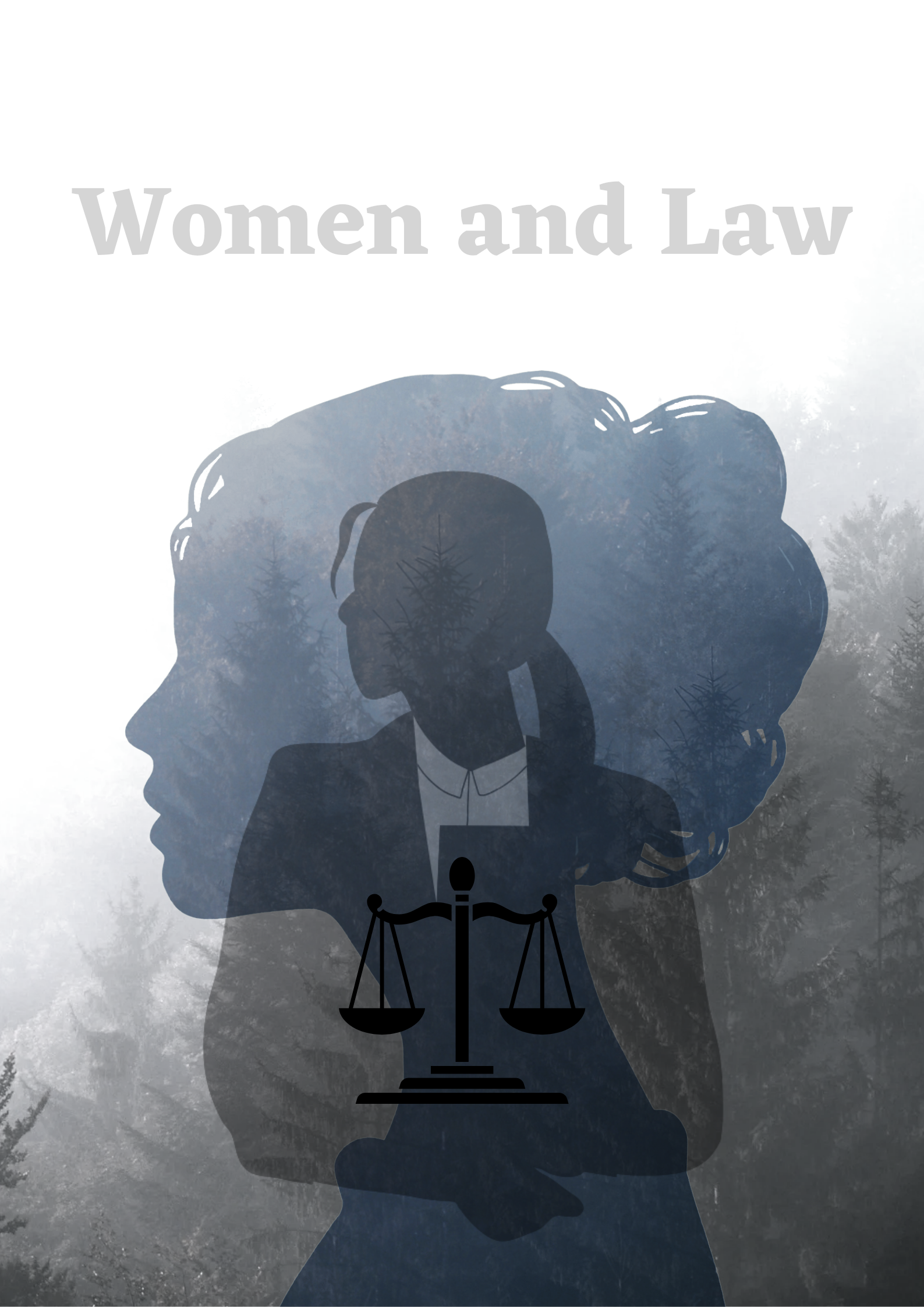Advancements in Female Employment in Legal Profession
The legal profession, traditionally dominated by men, has witnessed significant advancements in female employment over the years. While historical barriers and gender biases persist, a growing recognition of the importance of diversity and inclusivity has propelled women into various roles within the legal sphere. This evolution is not only a testament to changing societal norms but also reflects the transformative impact of women contributing their legal expertise across different practice areas.Historical ContextHistorically, women faced formidable challenges in pursuing careers in law. Deep-rooted gender biases and societal expectations limited their access to legal education and professional opportunities. However, pioneering women throughout history defied these norms. In 1869, Arabella Mansfield became the first woman admitted to the practice of law in the United States, paving the way for future generations of women in the legal profession.Challenges Faced by Women in the Legal ProfessionDespite progress, challenges persist for women in the legal profession. Gender bias, wage disparities, and a lack of representation in leadership roles continue to be issues that demand attention. The legal field often grapples with stereotypes and preconceived notions about the roles and capabilities of women attorneys, contributing to a glass ceiling effect that hinders career advancement.Advancements in Legal EducationOne of the key drivers of increased female representation in the legal profession is the significant strides made in legal education. More women are pursuing law degrees than ever before, and law schools are increasingly focused on fostering a supportive environment that encourages female students to excel. Scholarships, mentorship programs, and initiatives promoting inclusivity contribute to a more diverse pool of legal professionals entering the workforce.Shifts in Cultural and Organizational AttitudesCultural and organizational attitudes towards gender roles and diversity have undergone a transformation. Law firms and legal departments are recognizing the value of diversity in enhancing the quality of legal services. Initiatives promoting work-life balance, flexible schedules, and policies combating gender discrimination contribute to a more inclusive environment, making the legal profession more accessible and attractive to women.Increasing Representation in Leadership RolesThe representation of women in leadership roles within the legal profession is on the rise. Women are breaking through the glass ceiling to assume positions as managing partners, general counsels, and leaders of legal organizations. This shift not only reflects a commitment to diversity but also underscores the recognition of the unique perspectives and skills that women bring to the profession.Networking and Mentorship ProgramsNetworking and mentorship programs have played a crucial role in facilitating the career growth of women in the legal field. These programs connect female attorneys with experienced mentors who provide guidance, support, and insights into navigating the complexities of the legal profession. Networking opportunities also enable women to build professional relationships that can open doors to career advancement.Technology’s Impact on FlexibilityAdvancements in technology have introduced new dimensions of flexibility within the legal profession, benefiting women in particular. Remote work options, virtual court proceedings, and digital collaboration tools have made it easier for female attorneys to balance professional responsibilities with family obligations. This increased flexibility contributes to a more inclusive and accommodating work environment.Legal Specializations Embracing DiversityVarious legal specializations are experiencing a positive shift toward embracing diversity. Areas such as family law, employment law, and human rights law, among others, are witnessing increased female representation. As societal norms evolve, legal practice areas that address issues related to gender equality and social justice are becoming more prominent, attracting a diverse pool of legal professionals.Initiatives Supporting Women in LawNumerous initiatives and organizations are dedicated to supporting women in the legal profession. From associations focused on promoting gender equality to mentorship programs and conferences, these efforts aim to create a supportive community for female attorneys. They provide resources, advocacy, and platforms for women to share experiences, discuss challenges, and celebrate achievements.Global Perspectives on Female Employment in the Legal FieldThe advancements in female employment within the legal profession are not limited to a specific region. Globally, women are making strides in the legal field, challenging stereotypes and contributing to the evolution of the profession. Countries around the world are recognizing the importance of fostering diversity within their legal systems, leading to increased representation and opportunities for women.Challenges that PersistWhile significant progress has been made, it is essential to acknowledge the challenges that persist in achieving full gender equality within the legal profession. Implicit biases, the motherhood penalty, and cultural norms can still impede the career progression of women in law. Continued efforts to address these challenges and create a more inclusive and equitable legal landscape are crucial for sustained advancements.ConclusionThe advancements in female employment within the legal profession mark a transformative journey towards inclusivity, diversity, and gender equality. From overcoming historical barriers to assuming leadership roles, women have played a pivotal role in reshaping the legal landscape. Legal education, cultural shifts, mentorship programs, and technological advancements are key catalysts propelling this positive change.As the legal profession continues to evolve, it is imperative to sustain and amplify these advancements. Ongoing efforts to address remaining challenges, foster inclusivity, and champion the contributions of women in law will not only benefit individual practitioners but will also enhance the legal profession as a whole. The narrative of women in the legal profession is no longer just a story of overcoming obstacles; it is a narrative of empowerment, leadership, and a commitment to a more just and equitable future.





